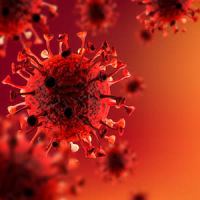Findings from the COMPACT-2 trial were presented today at #LIVES2020. The study evaluated the efficacy and safety of high dose (> 0.2 L/kg of treated plasma per day) coupled plasma filtration-adsorption (CPFA) in treating patients with septic shock.
The study was performed in 12 Italian ICUs and enrolled patients aged 14 or more who were admitted with septic shock or had developed it during their stay. The primary outcome of the study was mortality at discharge from the last hospital at which the patient received care.
Patients were randomised between May 2015 and October 2017. First interim analysis of the study revealed a number of early deaths which promoted an unplanned analysis by the researchers. Findings from the analysis show that the last hospital mortality was non-significantly higher in the CPFA group compared to the control group. The 90-day survival was better in the control group. The analysis showed higher mortality in the CPFA group compared to the control group in patients without severe renal failure. A dose-response relationship was observed between treated plasma volume and mortality.
Overall, these findings demonstrate the risk associated with CPFA in patients with septic shock. The COMPACT-2 trial was stopped mid-way due to this reason. The harmful effect was particularly marked in the early phase of septic shock. Patients who did not require renal replacement therapy were more exposed to possible harm with clear evidence of a dose-response effect.
The researchers conclude that until the mechanisms behind these results can be more fully understood, CPFA should not be used for the treatment of patients with septic shock.
Source: #LIVES2020; Intensive Care Medicine
Image Credit: #LIVES2020



























